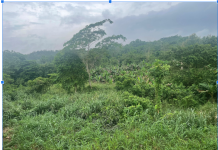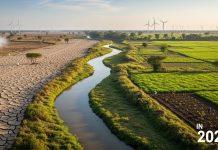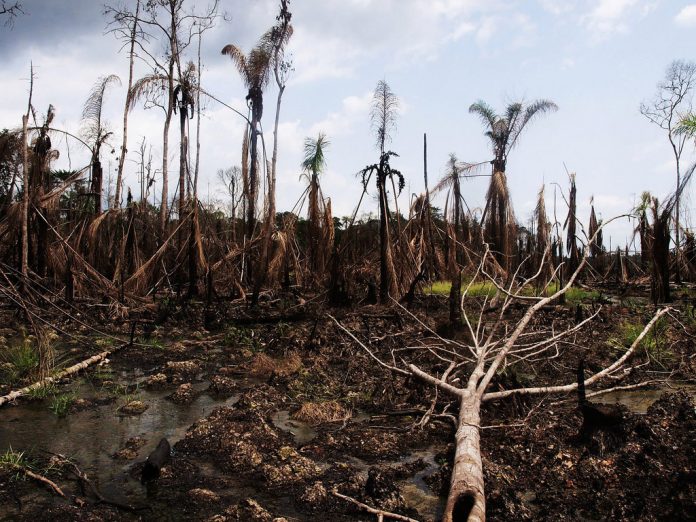President of the Movement for the Survival of the Ogoni People (MOSOP) Fegalo Nsuke has said the cleanup exercise in Ogoni has failed under the management of Hydrocarbon Pollution Remediation Project, HYPREP, despite the fact that the project had gulped over $350 million since 2017.
He maintained that the amount stipulated for the project had been misappropriated due to corruption perpetrated by the leadership of HYPREP.
READ ALSO: Ogoni cleanup: Group frowns at quality of HYPREP’s work
“Ogoni people still drink polluted water, there is no plan to compensate people whose lands and livelihood sources have been destroyed. There is no plan to construct the Center of Excellence as a training centre to build the capacity of Ogonis to participate in the cleanup exercise as recommended by UNEP.
“HYPREP does not have any plan to build an Integrated Soil Management Center to handle the contaminated soil and wastes from the spill sites,” he said.
During the presentation to the House of Representatives Committee on Environment and Habitat, the Group Managing Director, GMD of the Nigerian National Petroleum Corporation, NNPC, Mele Kyari confirmed that the NNPC and its Joint Venture, JV, partners were up to date on their financial obligations to the clean-up project fund, though the results were still far fetched.
“We have so far disbursed $360 million out of the $900 million recommended to fund the project as prescribed by the UNEP Report. The disbursement was based on the standards set, which required that we release funds based on the implementation parameters of the clean-up exercise,” he said.
He remarked that the NNPC and its JV partners were not responsible for the implementation of the clean-up, all stakeholders must ensure that the project was carried out successfully.
In 2011, the UNEP report warned of catastrophic pollution in soil and water in Ogoniland which Royal Dutch Shell Plc and the Nigerian government were expected to curtail.
Shell accepted responsibility for operational faults that caused two major spills in 2008 and paid a settlement of £55 million to the affected residents, including training youths to establish businesses and fund community patrols to reduce pollution by vandals stealing oil.
The UNEP report on Ogoniland clean-up had estimated initial clean-up costs of over $1 billion for the first five years of a 25 to 30-year process.
The cleanup process was launched in 2017 and spearheaded by the management of HYPREP to implement the recommendations of the UNEP report.
Nsuke blamed HYPREP for breaching the recommendation of the UNEP report which stipulated that the Center of Excellence and the Integrated Soil Management Center were to be in place before the commencement of work but they were not on the ground.
“We were to have an Integrated Soil Management Center to handle the contaminated wastes and the Center of Excellence for capacity building. All of these are not in place in Ogoni including emergency measures including water provision, a health audit and not to give pain relief like paracetamol to people.
“All HYPREP is doing are in deviation from the recommendations of the UNEP report,” he said.
The MOSOP president also condemned the vested interests of the managers of HYPREP who approved contracts to unqualified firms without addressing the fundamental emergencies raised in the UNEP report.























